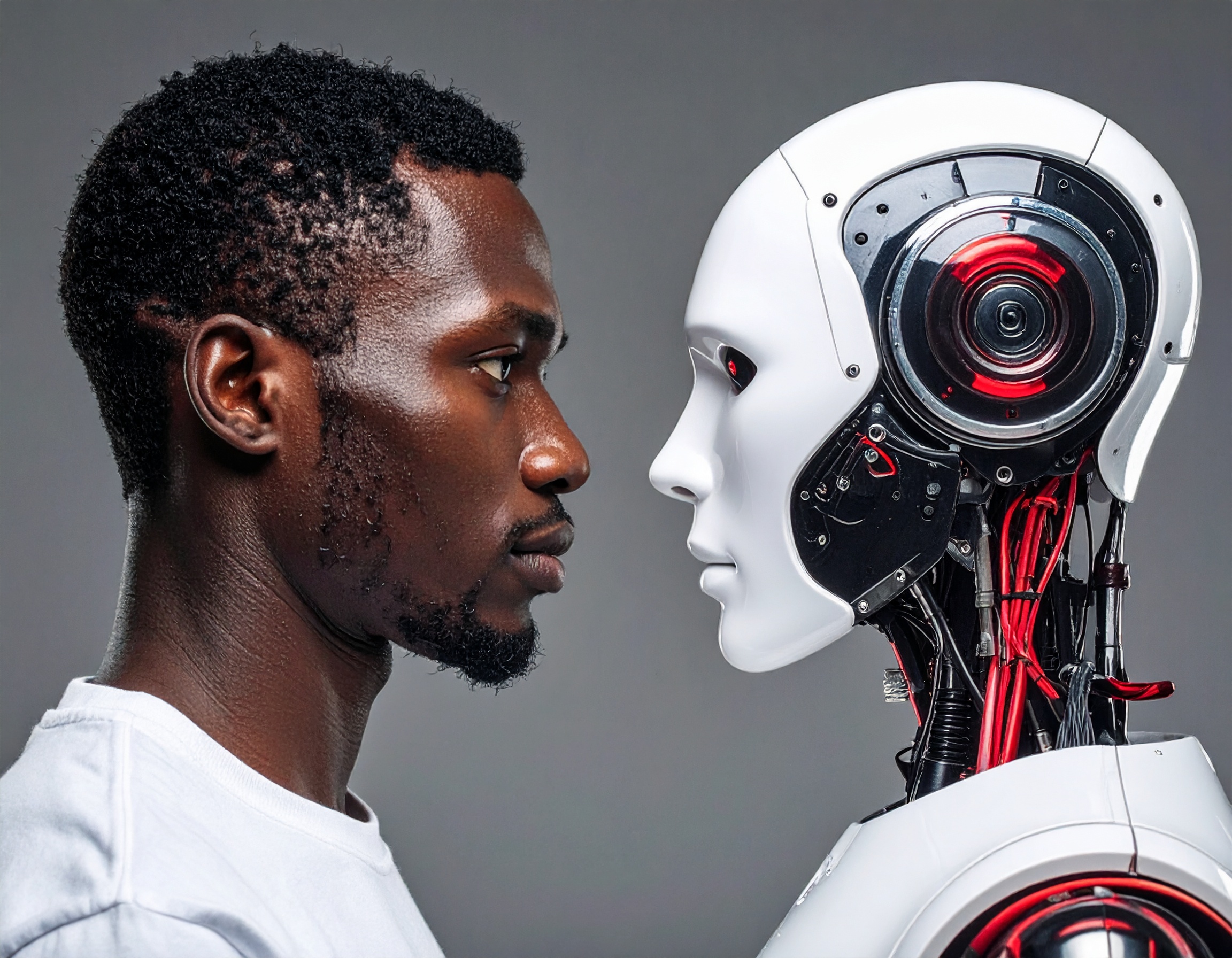The Rise of the AI Employee in Hospitality: Inside Tokyo’s Robot-Assisted Yotel Ginza

In October 2025, travel writer Michelle Gross spent four nights at Yotel Tokyo Ginza, a newly opened hybrid “robot hotel” in Tokyo’s upscale Ginza district, and documented how automation is reshaping hospitality. The hotel blends human staff with Non-Human Workers—not fully autonomous, but robots operating alongside people—to deliver a novel guest experience. This experiment matters because Japan is battling labor shortages and demographic shifts, pushing hotels to explore Voice AI Agents and robotic assistants as supplements to the workforce.
What Happened: Robots on the Job
- Yotel Tokyo Ginza opened earlier in 2025 as the brand’s first Japanese property, in partnership with Frasers Hospitality.
- Upon arrival, guests can choose contactless check-in via airline-style kiosks or interact with human receptionists.
- Two robots, called “Yobots” (Tomo and Aibo), escort guests to rooms and deliver requested amenities like pajamas and toothbrushes.
- The robot deliveries are impressively fast—sometimes arriving in under three minutes—but their capabilities are currently limited. They don’t yet handle luggage delivery or food preparation.
- Other hotel functions—like restaurant service (Komyuniti), breakfast, and kitchen operations—remain fully staffed by humans.
Although earlier robot hotels existed in Japan (such as Henn Na Hotels), they were often plagued by glitches or mechanical oddities. Yotel’s hybrid model shows more maturity: reliable robot tasks plus human support where needed. Gross notes the robots felt more functional than gimmicky this time.

Why It Matters: A Glimpse into the Future of Service Jobs
This hotel is a microcosm of a larger shift: in sectors under labor strain—hotels, restaurants, caregiving—AI Employees and Non-Human Workers are being trialed to augment human labor rather than replace it. In Japan, where the population is aging and worker numbers are shrinking, robotic assistance may become essential.
By embedding robots in relatively simple but repetitive tasks (e.g. in-room delivery, escorting guests), Yotel helps human staff focus on complex, relational work. Over time, enhancements like Voice AI Agents—able to take voice requests or conversational check-ins—could expand robot roles. Meanwhile, guest feedback matters: Gross, for example, praised the tech-forward aspects while pointing out gaps like lackluster breakfast and limited robot scope.
In short, Tokyo’s Yotel serves as a real-world testbed for how robots and humans may co-work in high-touch sectors. The lessons will resonate worldwide, especially as other countries face similar service labor constraints.
Key Highlights:
- Yotel Tokyo Ginza opened in 2025, combining robots and human staff in a hybrid hospitality model.
- Guests can check in via kiosks or at human reception; robots escort and deliver small items.
- Robot tasks are rapid and reliable but limited—no luggage handling, no cooking.
- Full restaurant and meal services are still human-run.
- The model signals how AI Employees, Non-Human Workers, and Voice AI Agents can support, not supplant, human staff—especially amid labor shortages.
Reference:
https://www.businessinsider.com/robot-hotel-in-japan-yotel-tokyo-ginza-2025-10


